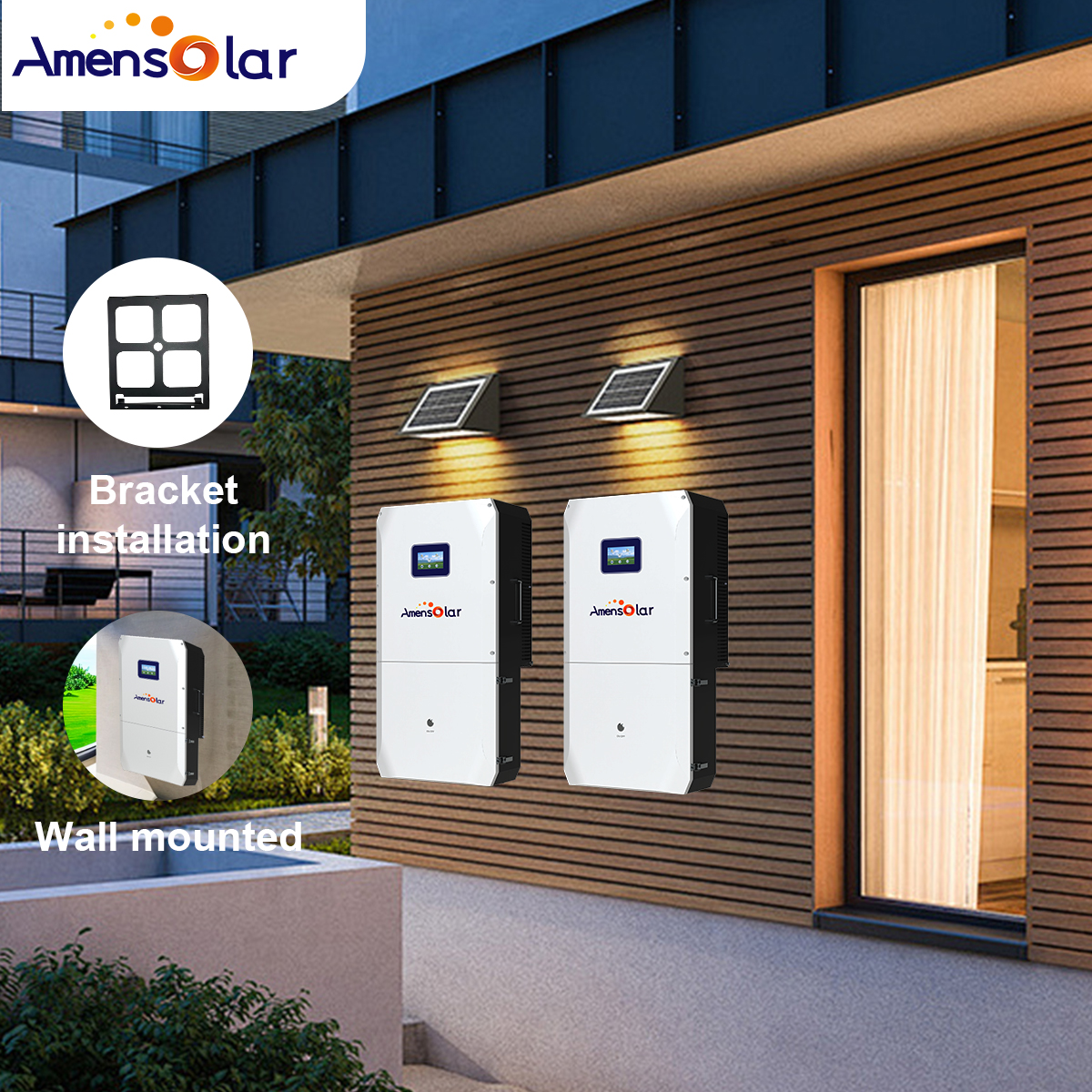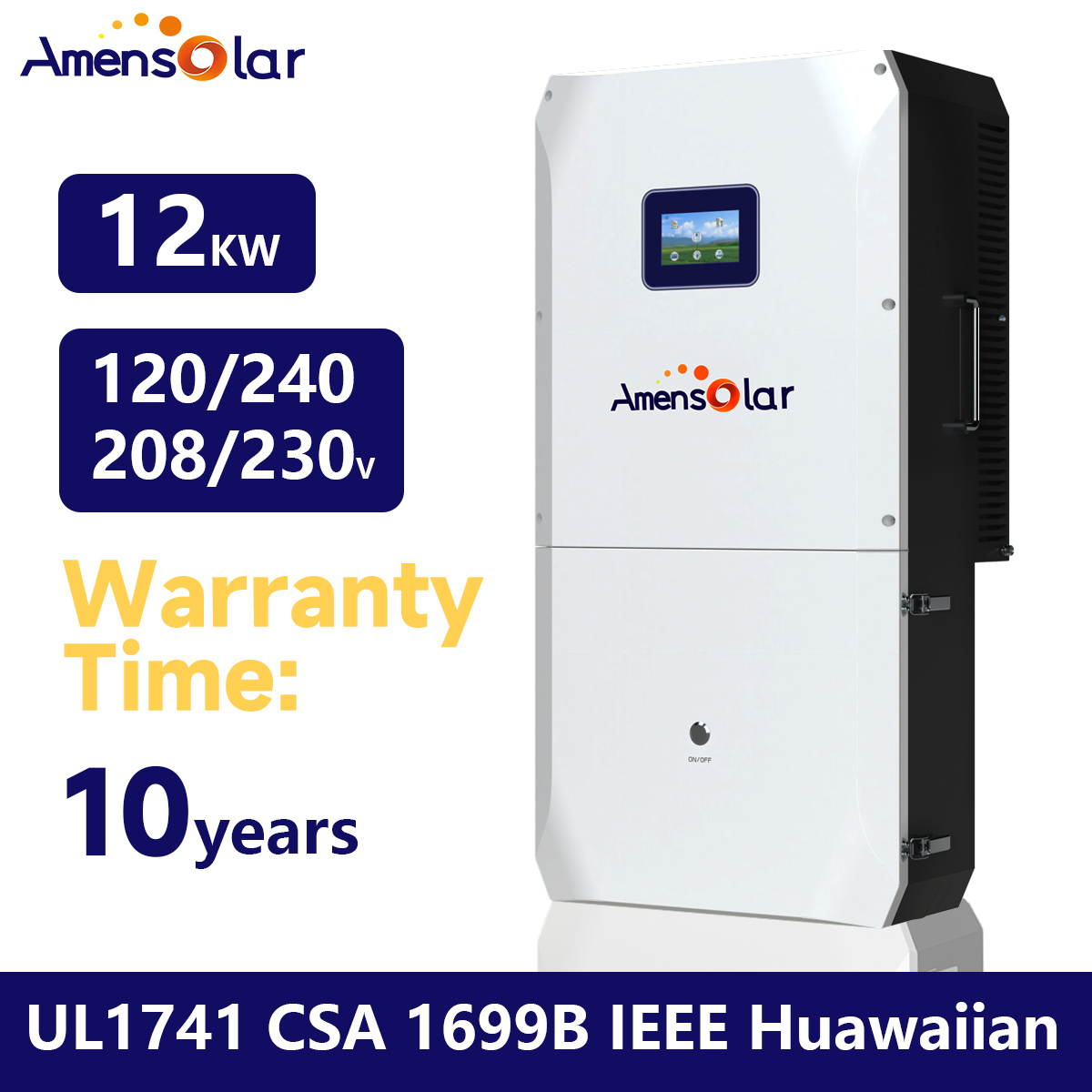Choosing the best solar inverter for your home involves considering several factors to ensure optimal performance, efficiency, and reliability of your solar power system. This comprehensive guide will explore the key aspects to look for when selecting a solar inverter, popular brands and models on the market, and important considerations tailored to residential solar installations.
Key Considerations When Choosing a Solar Inverter
1.Type of Inverter:
String Inverters: These are the traditional type where multiple solar panels are connected in series to a single inverter. They are cost-effective and suitable for installations with minimal shading.
Microinverters: Each solar panel has its own microinverter attached, converting DC to AC right at the panel. They offer enhanced performance in shaded conditions and provide panel-level monitoring.
Power Optimizers: Similar to microinverters, they are installed at each panel but do not convert DC to AC. They optimize the DC power output before it reaches the string inverter, improving system efficiency and monitoring.
2.System Size and Compatibility:
Ensure the inverter's power rating matches your solar panel array size. Consider future expansion if needed and compatibility with battery storage systems if you plan to add energy storage in the future.


3.Efficiency:
Look for inverters with high efficiency ratings to maximize energy production from your solar panels. Higher efficiency typically means less energy loss during conversion.
4.Reliability and Warranty:
Choose a reputable brand known for reliability and durability. Check the warranty offered by the manufacturer, focusing on both product warranty (typically 5-10 years) and performance warranty (guarantee of output over 25 years).
5.Monitoring and Data:
Advanced monitoring capabilities allow you to track the performance of your solar system in real-time. Look for inverters that offer comprehensive monitoring platforms accessible via mobile apps or web portals.
6.Grid Compatibility and Standards:
Ensure the inverter meets local grid requirements and safety standards. Some inverters offer features like anti-islanding protection to prevent sending power to the grid during outages, which is a safety requirement in many regions.
7.Cost and Budget:
Balance the upfront cost of the inverter with its long-term performance and warranty. Consider the overall return on investment (ROI) of your solar system, factoring in potential energy savings and incentives.
Installation and Professional Advice
Consultation: It's advisable to consult with a certified solar installer to assess your home's specific needs and recommend the best inverter solution.
Local Regulations: Ensure compliance with local building codes, grid connection requirements, and any permits necessary for your solar installation.

Conclusion
Choosing the best solar inverter involves a balance of performance, reliability, efficiency, and cost-effectiveness tailored to your home's energy needs. By understanding the different types of inverters available, considering key factors such as efficiency and warranty, and exploring reputable brands like Amensolar you can make an informed decision to maximize the benefits of your residential solar system.
Post time: Aug-01-2024









